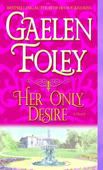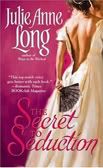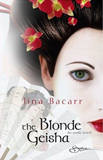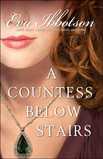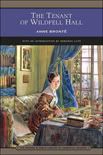Frederica - Georgette Heyer
 Frederica is a wonderful story, to put it plainly. It chronicles the transformation of the Marquis of Alverstoke from a bored, careless nobleman to a man who cares for not only the heroine Frederica, but her entire family.
Frederica is a wonderful story, to put it plainly. It chronicles the transformation of the Marquis of Alverstoke from a bored, careless nobleman to a man who cares for not only the heroine Frederica, but her entire family.After being solicited to help her beautiful (but birdbrained) sister Charis enter society, Alverstoke finds himself accepting Frederica's proposal, mostly because she is the first person in a while whom he finds interesting. Generally bored with everyone and everything around him, Alverstoke is cynical and sarcastic; he loathes his two gossipy sisters and only trusts his secretary Charles Trevor. After meeting Frederica, a twenty-four year old spinster and her siblings, Alverstoke begins to come alive and to care for other people. And, of course, falls in love with the witty and caring Frederica.
As in The Grand Sophy, Frederica is not just a dip into the world of Regency England, but a plunge. Never have I read a novel where the period comes more alive (even if a lot of the cant used was rather confusing). And despite that, all of the characters are relateable and believable, especially with the transformation of Alverstoke. Slowly he begins to care for Frederica and her younger brothers Jessamy and Felix, who place their trust in the Marquis easily and look to him for advice and guidance, something Alverstoke has not experienced before. His prized bachelor status is in jeopardy after meeting Frederica, also. And who wouldn't fall in love with Frederica? She's charming, she's intelligent, she cares for her family deeply, but still sees through Alverstoke's haughtiness and lordliness to see what's beneath.
This is a wonderful love story, not to mention amusing in parts and poignant in others. Highly recommended.
Overall Grade: A




